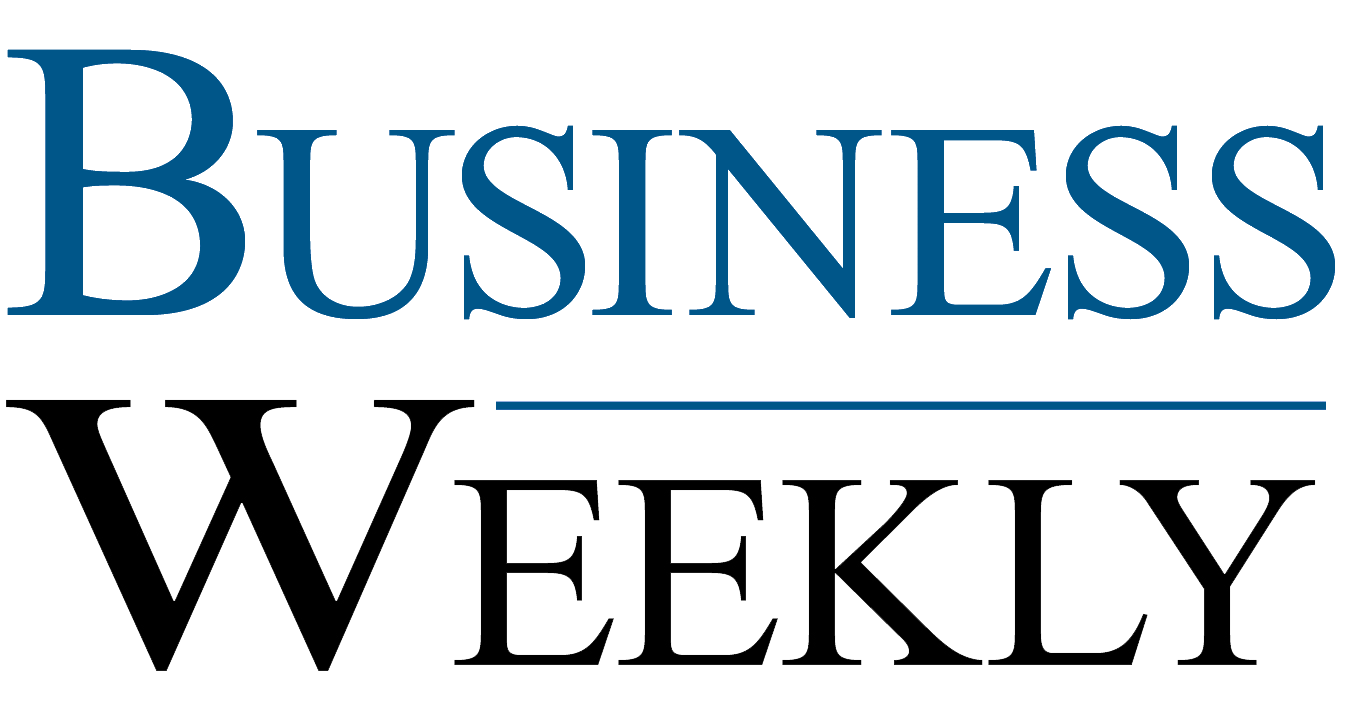
eBusiness Weekly

The Zanu-PF Politburo has set up an ad-hoc committee under Vice President Constantino Chiwenga to investigate and deal with price rises, and particularly with price rises for goods that most people need.
The Government is twitchy about setting prices by decree, but is aware that some suppliers are cheating, profiteering if you like, and that there appears to be collusion in some sectors. Solutions that the Chiwenga Committee need to look at are strengthening and enforcing the anti-collusion laws, working out ways for greater competition from new entrants in a sector, and where there is some simple bottleneck that is causing a legitimate problem, sorting it out.
Everyone is aware that one of the most serious economic challenges facing Zimbabwe is the deficit in the current account, that we import, or wish to import, significantly more than we export and that foreign direct investment and diaspora remittances cannot fill the gap.
This gap has created a parallel market for a chunk of our foreign exchange. The Reserve Bank of Zimbabwe does control and manage the bulk of export earnings, assigning the resulting foreign exchange in a priority system that does work remarkably well. This is why the prices of things like fuel, basic food and other essentials are not rising, or when they do rise it is because of a global price change.
The one exception to the general stability in prices of goods made or processed in Zimbabwe from raw materials grown in Zimbabwe or imported on priority with RBZ dollars is where there is fancy imported packaging. This loophole, exploited by some, has already been identified and we hope that action is now being taken, either by changing packaging to materials produced in Zimbabwe or where absolutely essential to putting the packaging on priority. Smart manufacturers of some products have already started changing packaging, especially where competition is intense.
At the other extreme there are the imported luxury items. But few care very much if scotch whisky imported from Britain, or even South African consumer goods where there are Zimbabwean substitutes, rocket in price as importers source funds from the parallel market. In fact the priority system for official foreign exchange has probably done far more to aid Zimbabwean manufacturers than SI64 ever did.
It probably needs to be stressed at this point that generally speaking the retail trade is sufficiently large, dispersed and competitive to make collusion difficult. The Consumer Council of Zimbabwe has noted that some retailers have shoved up prices without any justification, but have also given the obvious advice, that consumers need to shop around.
Generally retailers with a near local monopoly have the greatest temptation to cheat, so if their customers spend 50c on a kombi fare, they can be defeated.
However there is a very strong suspicion of collusion at supplier level. The Competition and Tariff Commission has noted that some prices are remarkably uniform across an industry, despite differences between competitors in overhead costs, scale of operations and other expenses. We think it is worth investigating whether the CTC should be allocated more resources to investigate these suspicions and more teeth to hammer those who do collude.
And the commission needs to keep its gaze on those with near practical monopolies in Zimbabwe; imports did provide a check for some years after dollarization but not any more.
The cry over prices reached a pitch in the last couple of weeks over two items: school stationery and school uniforms. With around a third of all Zimbabweans in front of a teacher today this is obviously a widespread problem. Retailers report higher supplier prices, which they have to pass on.
But there are stories circulating about some suppliers and quite strong although purely anecdotal evidence of collusion. The landed price of cloth might well have risen if it is being bought with parallel dollars, but so far as we know the wages in the manufacturing sector have not rocketed. So there is only one cost, out of several, that could have risen which means that a justified cost rise would be a lot lower than the rise of just one input. The fact that dressmakers and tailors have been inundated with parents buying the material and having uniforms made outside the formal sector at prices near those of a a year ago suggests that someone somewhere in the formal sector is profiteering.
Of course at one time all this nonsense over uniform prices was impossible. David Whiteheads in Kadoma processed Zimbabwean cotton into Zimbabwean fabric, importing just the dyes and some finishing chemicals.
We suggest that a long-term solution is accelerating the re-opening of that factory or encouraging someone else to open a new factory. We should remember we once exported basic uniform items such as shorts and shirts, items made from Zimbabwean raw materials, processed in Zimbabwe, and manufactured in Zimbabwe.
Stationery prices have been hit by a modest global rise in paper prices, as the excess capacity of the last few years closes down, but nothing like the percentage increases we are seeing. Again there are reports about a limited number of importers, and perhaps this is a sector crying out for new entrants to create more competition. The main Zimbabwean paper mill closed some years ago, the victim of lack of replacement investment and illegal and unauthorised invasions of forest estates. But again it should be possible for a new entrant to create value and jobs in Zimbabwe.
Gen Chiwenga’s committee is not going to find a single cause or a single solution. They will find cheats who need to be stopped; they will find legitimate business people with real problems, where they can press for solutions; and they will need to look at long-term solutions.



